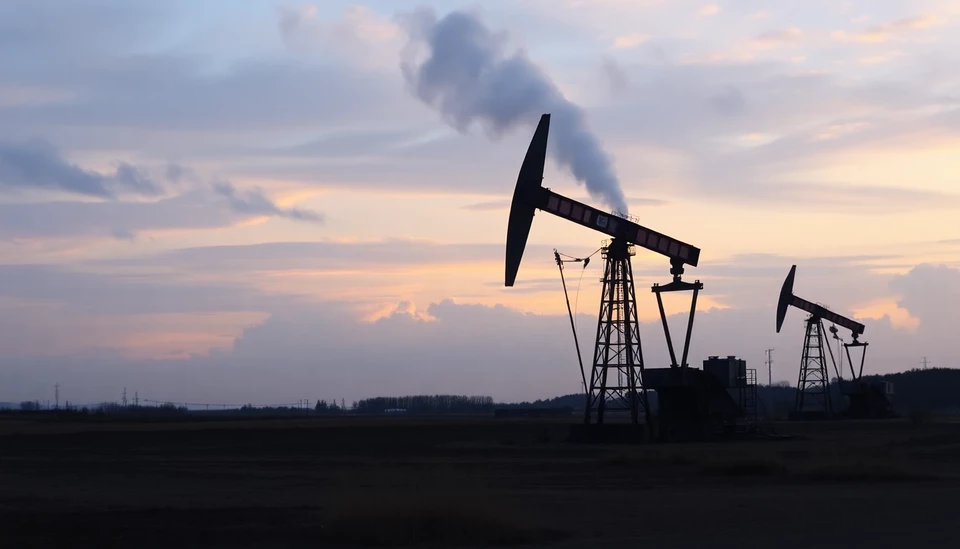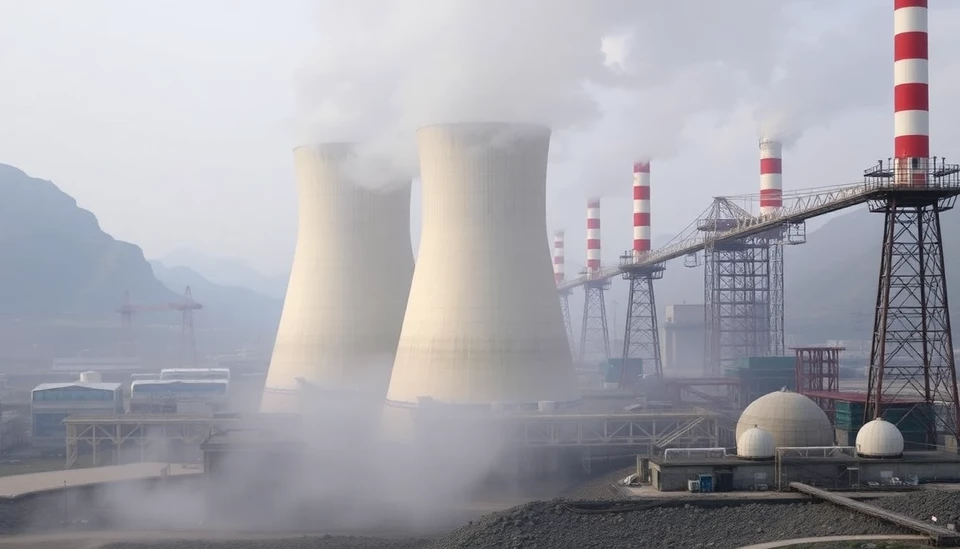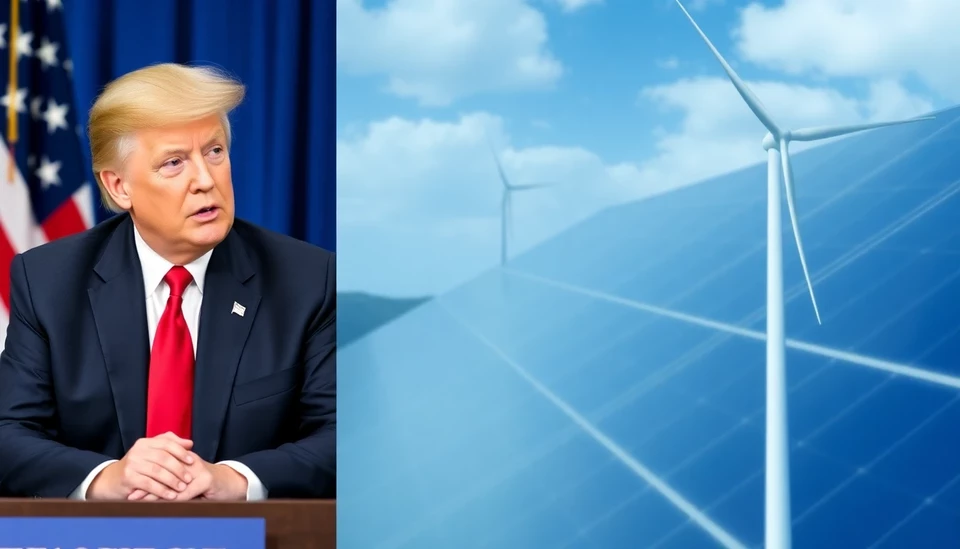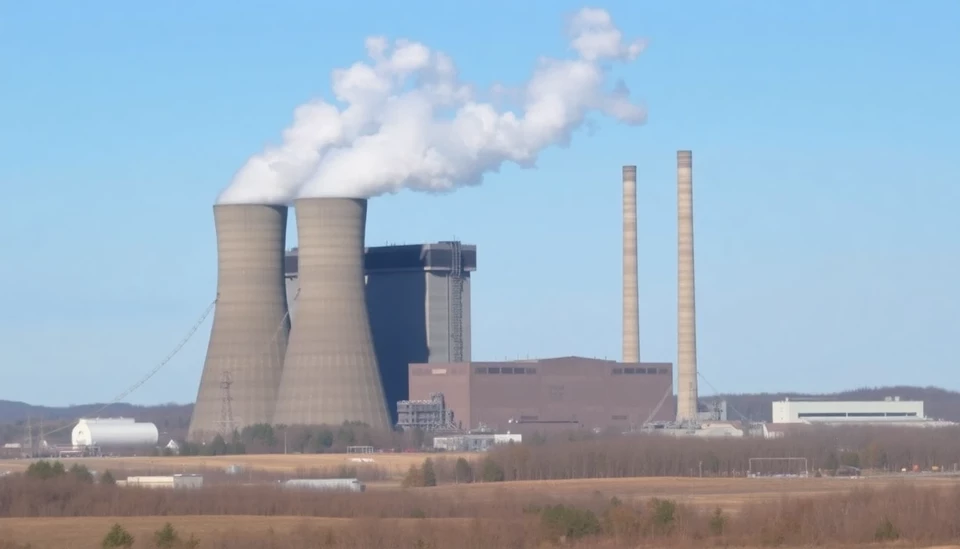
As the global transition toward renewable energy accelerates, recent analyses reveal that investors could be on the verge of losing an astonishing $2.3 trillion due to stranded fossil fuel assets. This major financial concern arises as governments ramp up efforts to meet climate targets, leading to decreased demand and value for fossil fuel resources.
Fossil fuel companies, which have long been considered cornerstones of the energy sector, are now staring at a potential financial downturn due to the shift towards sustainable energy sources. Many of these companies face the risk of their assets becoming 'stranded'—a term used when these resources can no longer be utilized for economic gain. With ongoing climate policies and technologies that reduce reliance on fossil fuels gaining traction, the future looks increasingly bleak for coal, oil, and natural gas investments.
The analysis suggests that investment portfolios heavily weighted in fossil fuel assets must undergo substantial reevaluation. With numerous countries pledging to achieve net-zero emissions by mid-century, the pressure mounts on investors to align with more sustainable practices. This complete overhaul in strategy may lead to significant market repercussions, especially for those entrenched in fossil fuel ventures.
According to economists and climate experts, the implications of these stranded assets transcend mere financial loss; they have profound effects on employment and the economies of regions reliant on fossil fuel extraction and distribution. In transitioning away from these energy sources, it's crucial for stakeholders to develop comprehensive strategies that include reskilling workers and investing in sustainable industries.
Several leading investment firms have already begun rethinking their strategies in anticipation of this shift. Some are diversifying their portfolios toward more sustainable stocks and funds, while others are exploring innovative technologies such as carbon capture and renewable energy investments. However, the challenge remains for these companies to navigate the complex landscape of regulations and market expectations.
The escalating urgency to address climate change and its ramifications on the global economy inevitably compels investors and companies alike to make significant choices about their future investments. As the world veers further away from fossil fuel dependence, it’s essential for investors to understand the risks involved in maintaining their current asset allocations.
In summary, the looming threat of stranded fossil fuel assets could significantly reshape the investment landscape, imposing heavy monetary losses and forcing a pivotal transition towards greener energies. Investors must act with foresight, not only to avoid financial pitfalls but also to secure a sustainable and economically viable future.
For individuals and firms retaining investments in fossil fuel sectors, the call to action is unmistakable. Pressure from environmental groups, regulators, and a more conscious public demands that the shift towards cleaner energy alternatives occur swiftly and responsibly.
As stakeholders continue to grapple with these transformative implications, clarity and proactive approaches will be essential to ensure that the energy transition supports both economic stability and environmental sustainability.
#FossilFuels #InvestmentRisks #ClimateChange #SustainableInvestment #RenewableEnergy #NetZero #FinancialImpact #EnergyTransition #StrandedAssets #GreenerFuture
Author: Sophie Bennett




